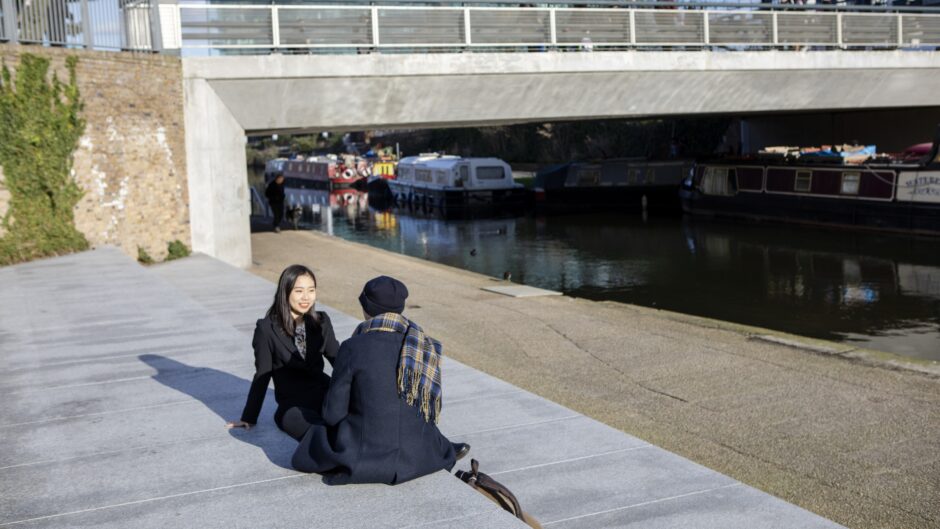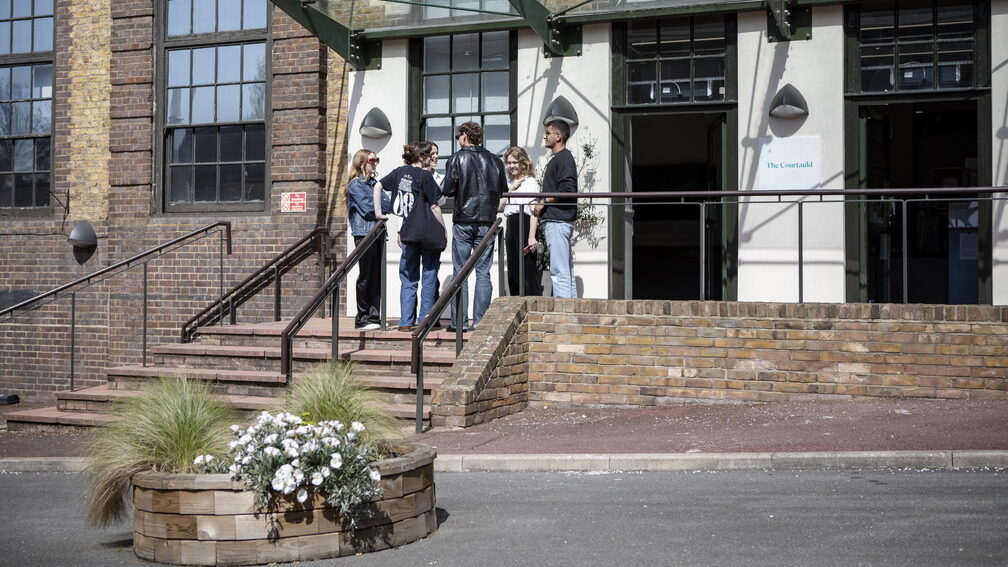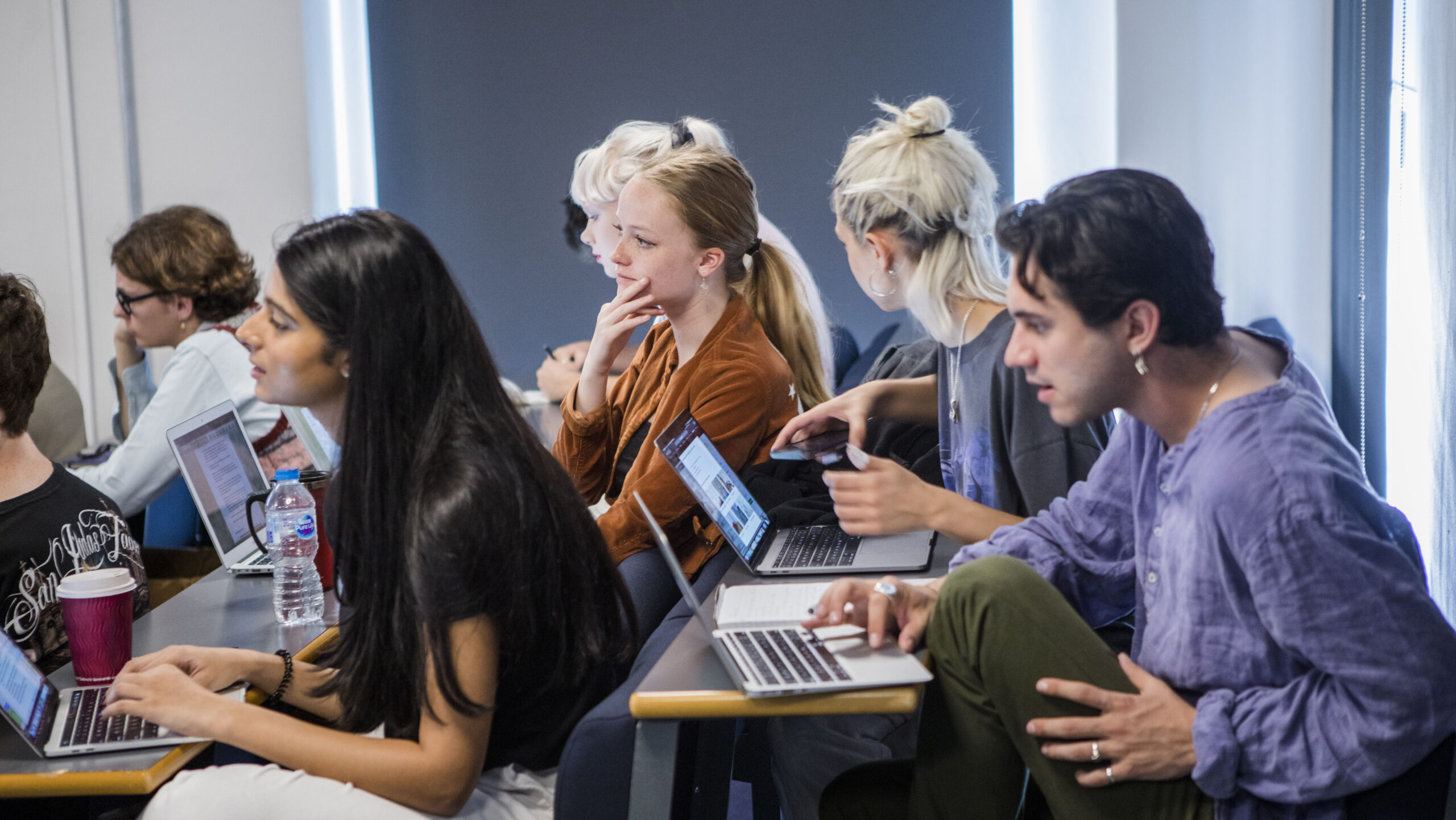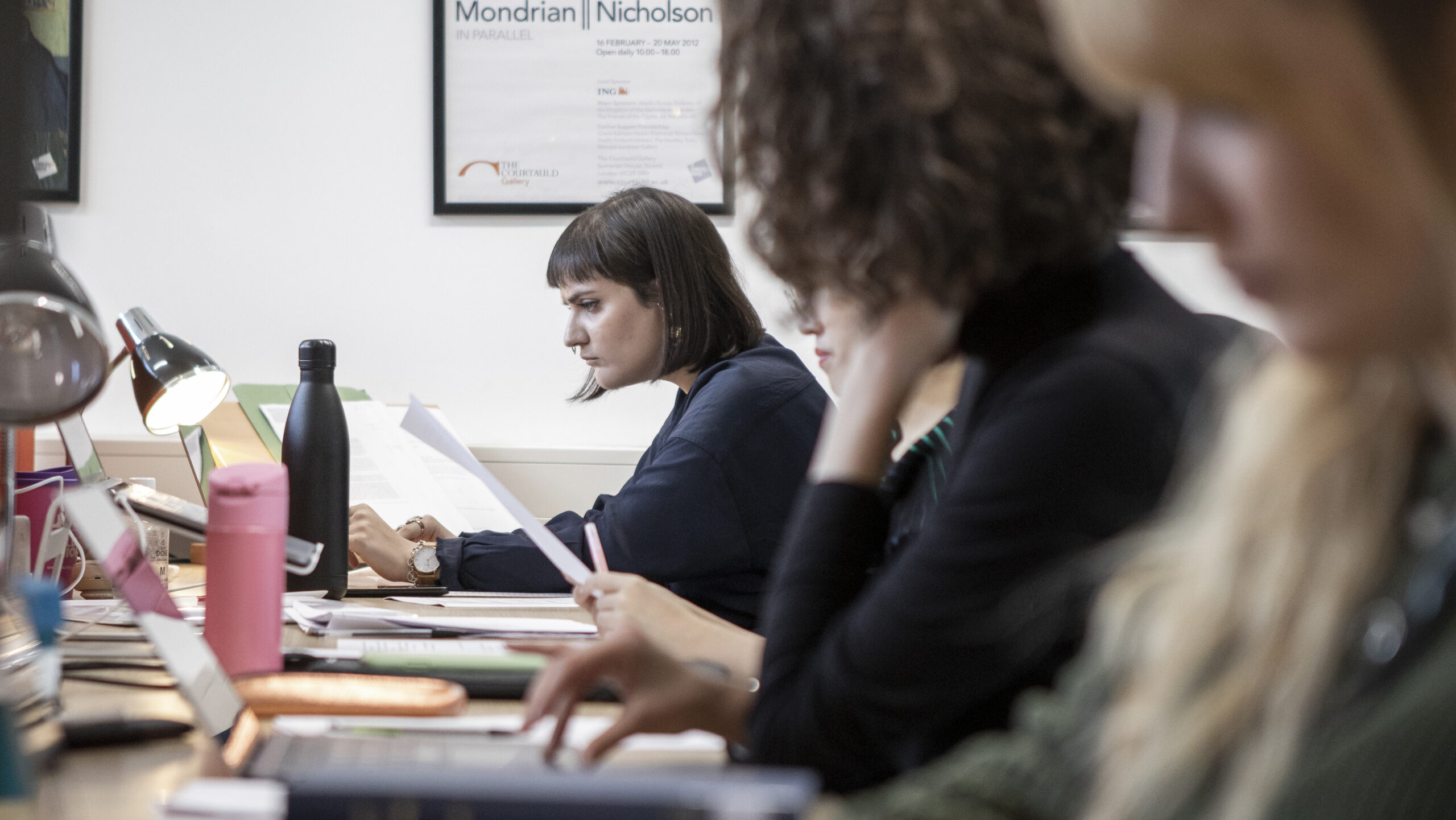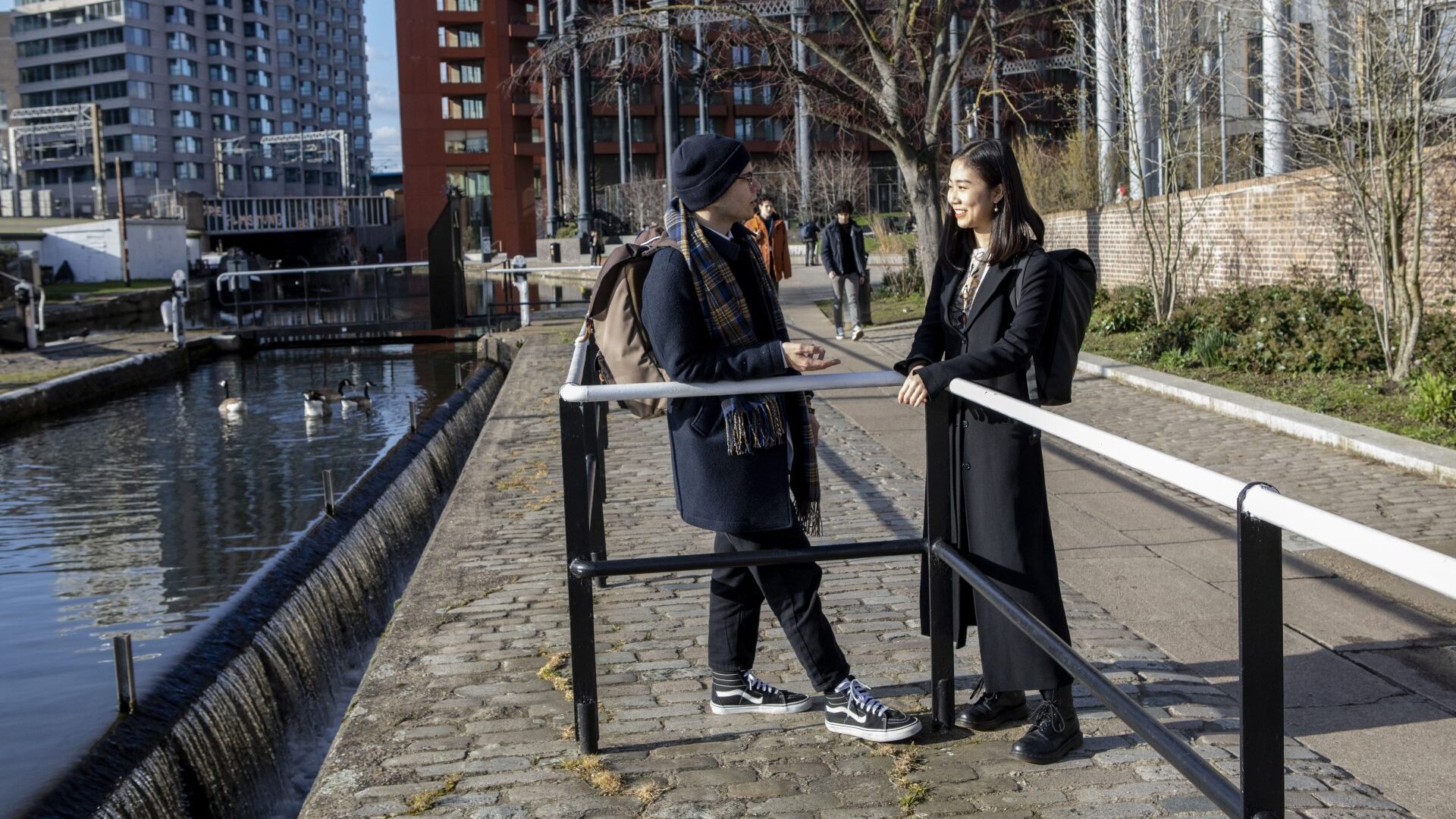The Students Wellbeing Service is the first point of contact for students when they feel they need any support in relation to their wellbeing or matters which may affect their studies, whether theses are in the form of personal, health, financial or welfare related issues. We will provide support and guidance from either our in-house team of qualified Counsellors and Wellbeing Advisers, or will assist you to accesses the necessary support from external organisations.
Our service is confidential and the types of support we typically offer for students are:
- Wellbeing-check-ins with a Wellbeing Adviser
- Up to 6 sessions of counselling with a qualified counsellor
- Help registering with a local G.P.
- Support for Disabled Student Allowance applications
- Adjustments (known as SoRAs) for those with physical disabilities, long term mental health conditions or SpLDs/neurodiverse conditions
- Initial screenings for SpLDs and neurodiverse conditions
- Referral for specialist mentoring or study skills tutoring
- Hardship fund applications
Click on the links below or email us at wellbeing@courtauld.ac.uk to find out more about the types of support we can offer.
In crisis?
Please note that the Courtauld Wellbeing Service is not an emergency service so if you find yourself in a crisis please contact one of the following:
- Your GP
- NHS 111
- Visit your nearest Accident and Emergency department at your local hospital.
- Call the Samaritans on 116 123
If you are in immediate danger, please dial 999 and ask for the Police and other emergency services, if you can.
If you are on campus and are in danger, speak to a member of staff immediately. You can also dial 999 and ask for the Police if you can.
If you are not in immediate danger but you feel threatened in any way, please speak to a member of staff and contact the Wellbeing Team. Staff will coordinate support for you.
